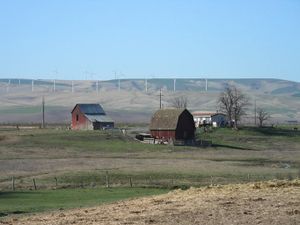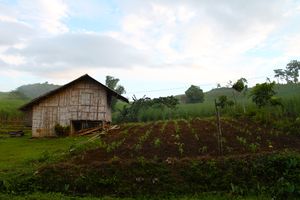Course:LFS100/Food Economics
Food Economics


Research in food economics has evolved from being solely interested in issues related to trade, policy, resources, and technology to being more broadly interested in the interactions between the components of a food system and the resulting outputs (or outcomes). As such, the study of food economics now covers a wide spectrum of topics including the analysis of agri-food markets, agri-food industry management practices, agri-food chain structure, agri-food policy and trade, consumer behavior, and other agri-food development initiatives. Examples of food economics research include measuring the economic and environmental outcomes of agri-food policies, analyzing market outcome sensitivities and their drivers, and conducting cost-benefit analyses to support agri-food industry management. Needless-to-say such analyses are useful for monitoring the constant changes occurring within food systems, including the drastic changes that have occurred in the last half-century as a result of agri-food policies that support large and intensive modes of farming, such as the factory farm model. These agri-food policies are often touted for creating a mode of production that is efficient and capable of supplying unprecedented quantities of cheap food, thereby making food more affordable and accessible. However, they are also criticized for destroying the diversity of small-farm modes of production and creating the agri-food monopolies that now dominate the markets, control pricing, and influence policy and regulations. Food economics provides a valuable lens for investigating these kinds of conflicting and complex food system outcomes. Food economics is also intimately connected with economics of nutrition, health, food security, land, and natural resources.
Tips:
- Get Punk Economics overview of the history and current state of the Global Food Economy.
- Watch and listen to Robyn O’Brien’s impressions of the new food economy.